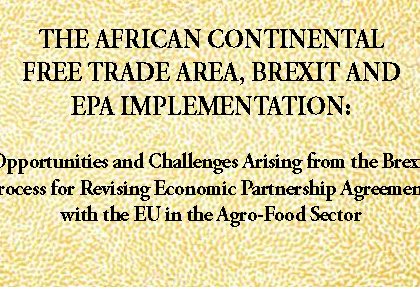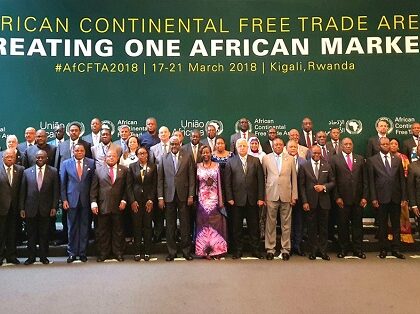The European Commission has come under fire from African legislators and civil organisations for its pursuit of “unrealistic” EPA deadlines (see TNI Vol 10 Number 7). The backlash follows the release of a joint EAC/EU statement at the end of April’s EPA oversight conference, which called upon the EC to “desist from using policy leverage and unrealistic deadlines to achieve their ends in the negotiations to the detriment of a mutually beneficial agreement”.
Kenyan MP, Musikari Kombo, specifically urged parliamentarians who attended the conference to “find their niche in the whole EPA process” so as to keep a more watchful eye on individual negotiators. Kombo said that “the EC has identified their interests. If we go for negotiations and we don’t know our interests, then they will ride over us.” Continuing, he declared that Africans “are not going to negotiate on the basis of intimidation. No deal is better than a poor deal”. The chairman of the Uganda parliamentary committee on Trade, Kasaija Kagwera, further called for the EAC to keep its “options open”.
On November 27, 2007 the EAC initiated an interim EPA, covering the areas of trade in goods, fisheries and development. The conclusion of negotiations would see the implementation of a more comprehensive EPA. Though, EU unwillingness to compromise on a vast array of issues raised by the EAC – such as the importance of export taxes for revenue, food security and environmental protection – has provoked much controversy.
The Ugandan newspaper Observer commented that the EAC’s principal worry is that, “if unrestrained agreement is reached, it will expose local players in the market to stiff competition from the EU and stunt development of the EAC economies”.
Mugisha Muntu, member of the East African Legislative Assembly, warned: “We are still weak internally. The moment a signature is appended, it is final and it will be difficult to backtrack.” He added: “Now that the EU parliament is lobbying for an extension of EPA talks, the burden is on us to look out for what happens to our people and the future. Otherwise, we shall find ourselves wriggling in a situation we shall not be able to get out from.”
Civil society echoes policymaker concerns.
The swelling numbers of critically-minded African policy makers are also finding agreement among civil society. A coalition of organisations known as the Economic Justice Network (EJN) delivered a caution to politicians last week in Accra, which presented the EPAs as a threat to African economic integration.
Whilst fears about the potential negative impact of the EPAs upon rural livelihoods have been sparked by the EU’s reluctance to abolish agricultural subsidies, The EJN’s main point of contention is that the EPAs could turn Africa into nothing more than a perpetual supplier of raw materials by hindering Africa’s ability to industrialize and move up the value chain.

